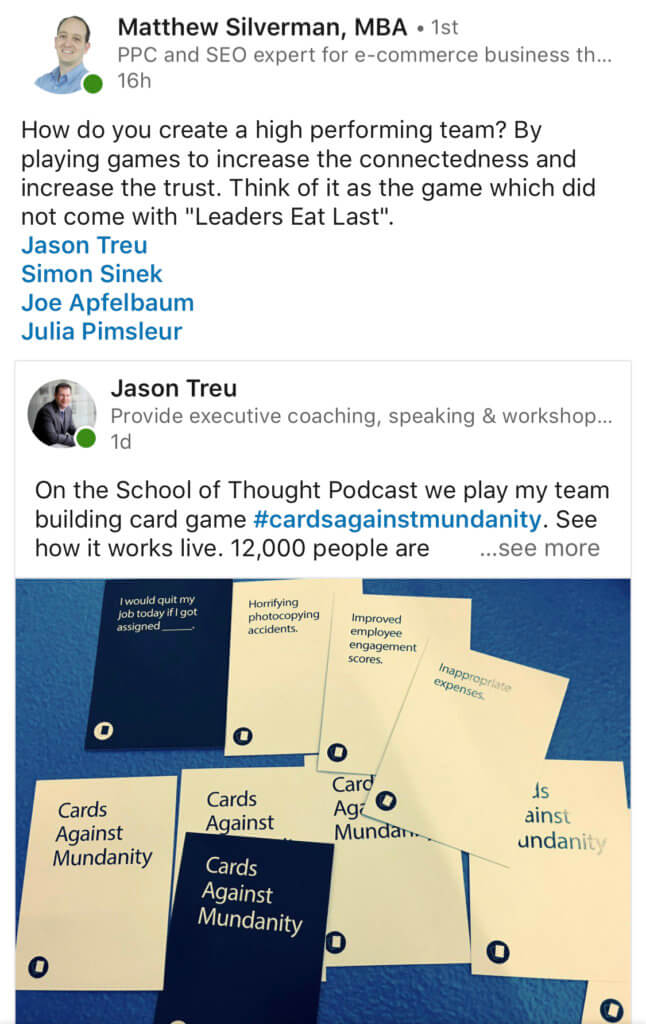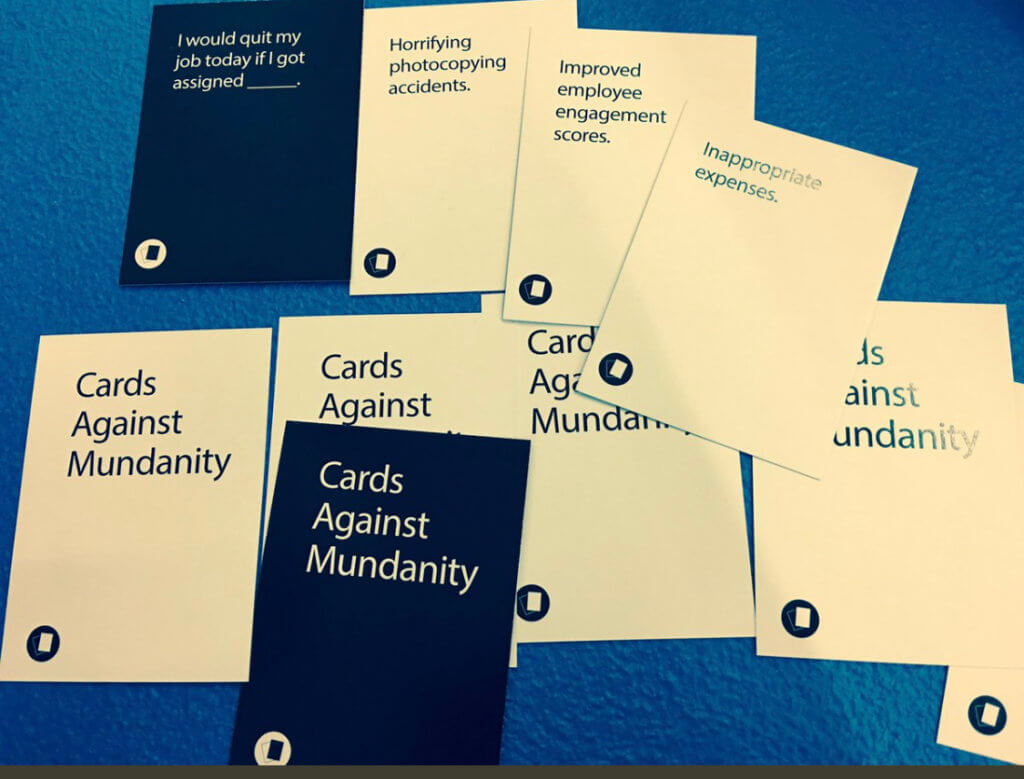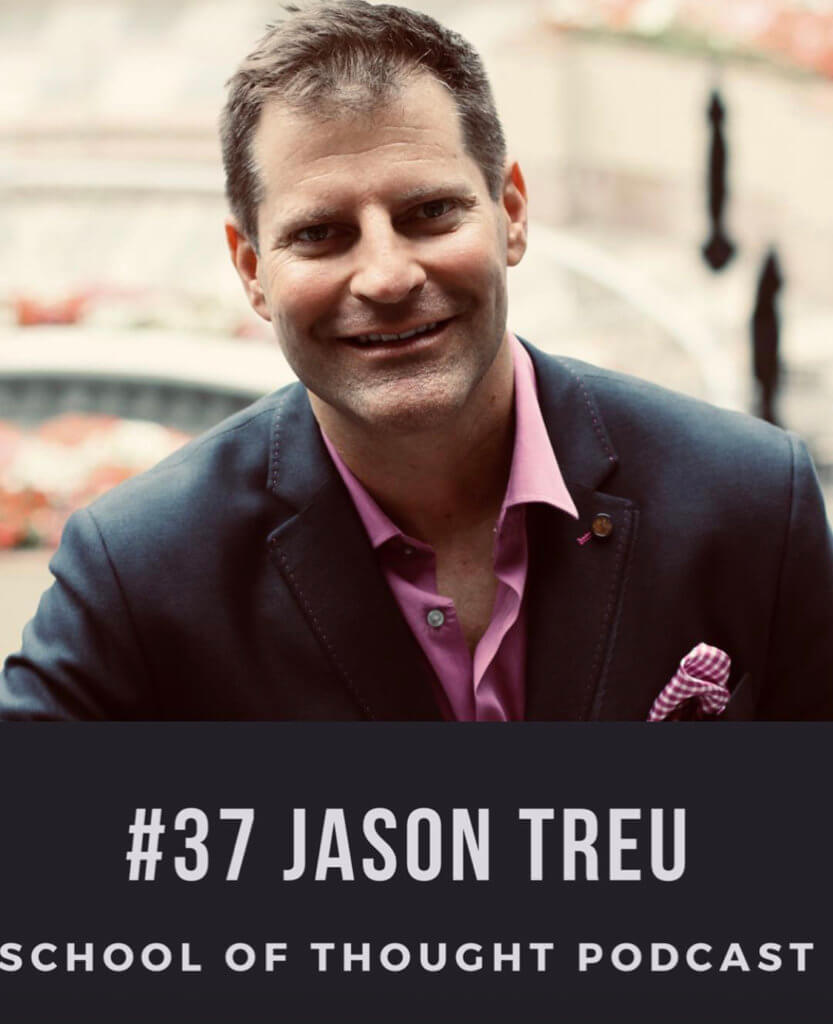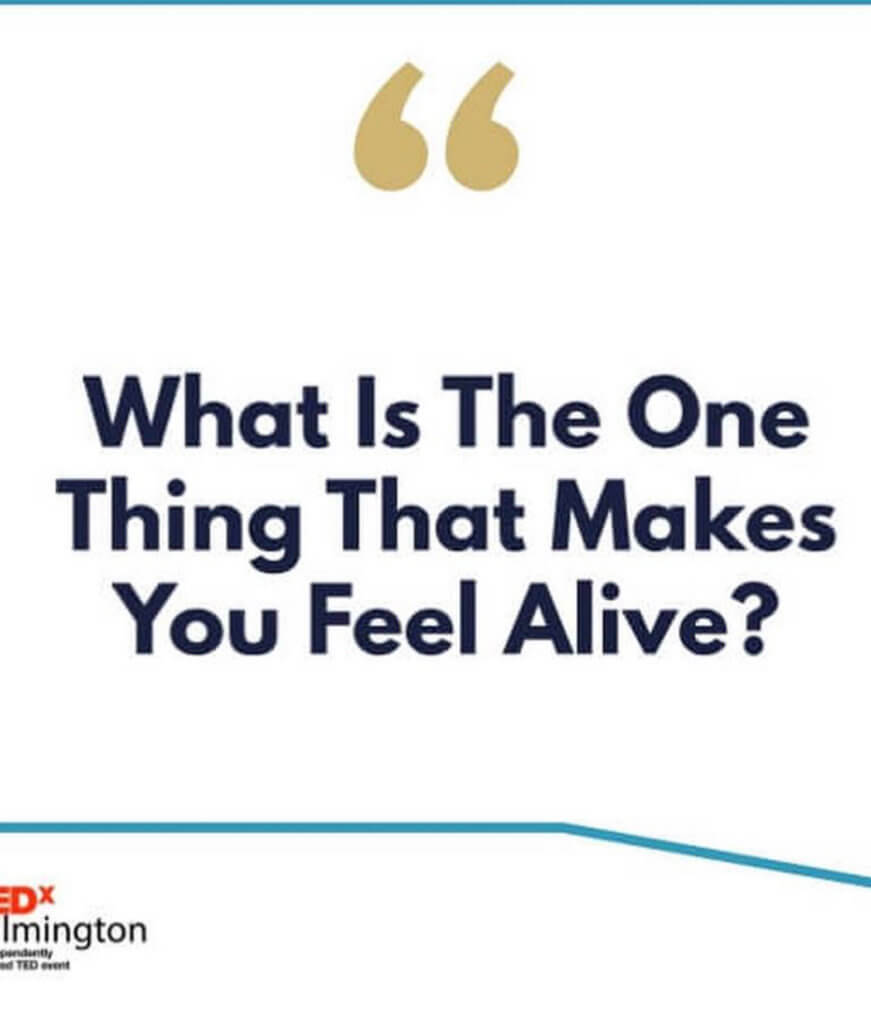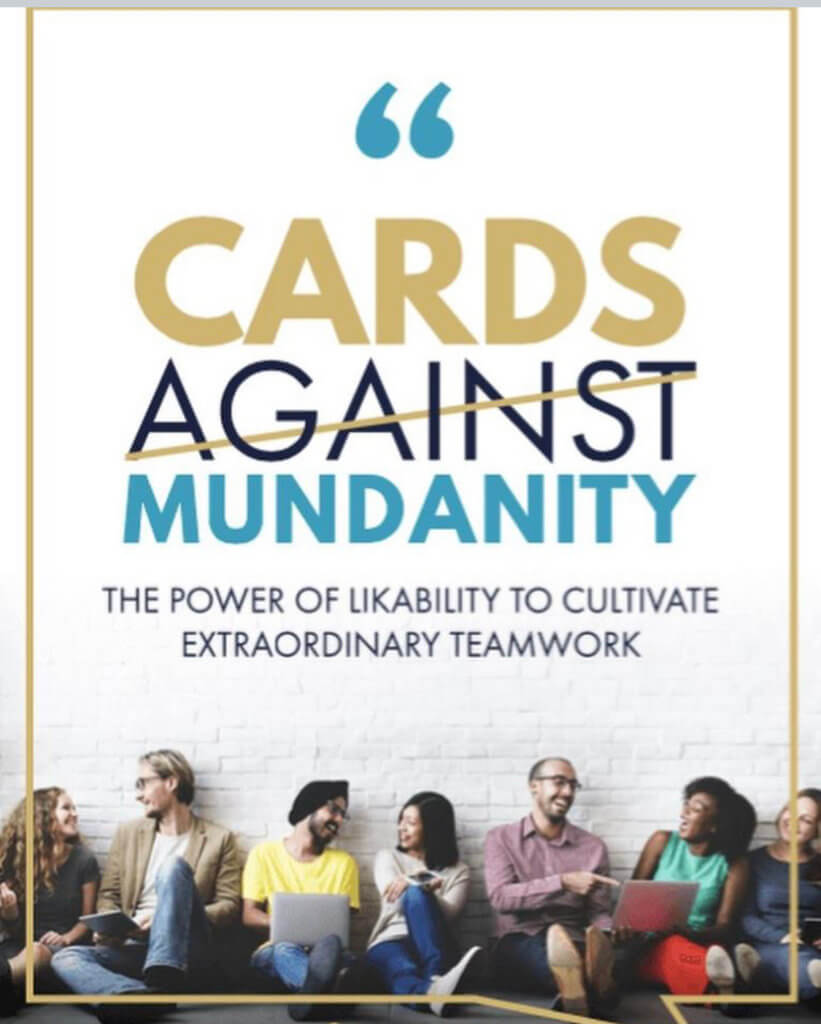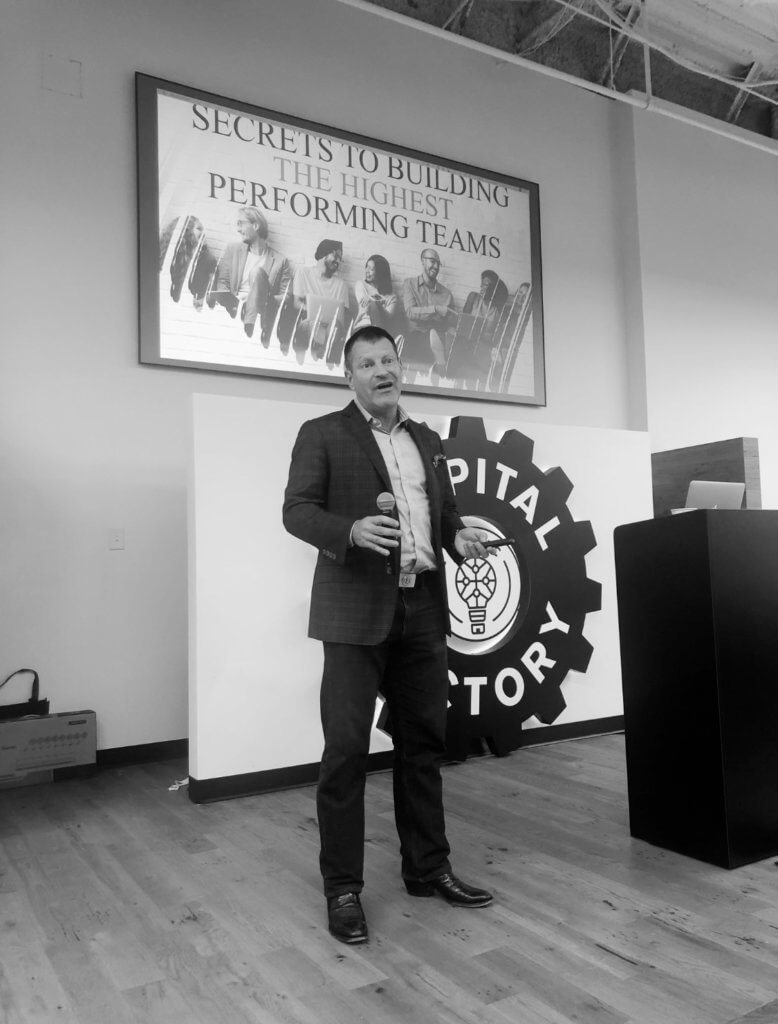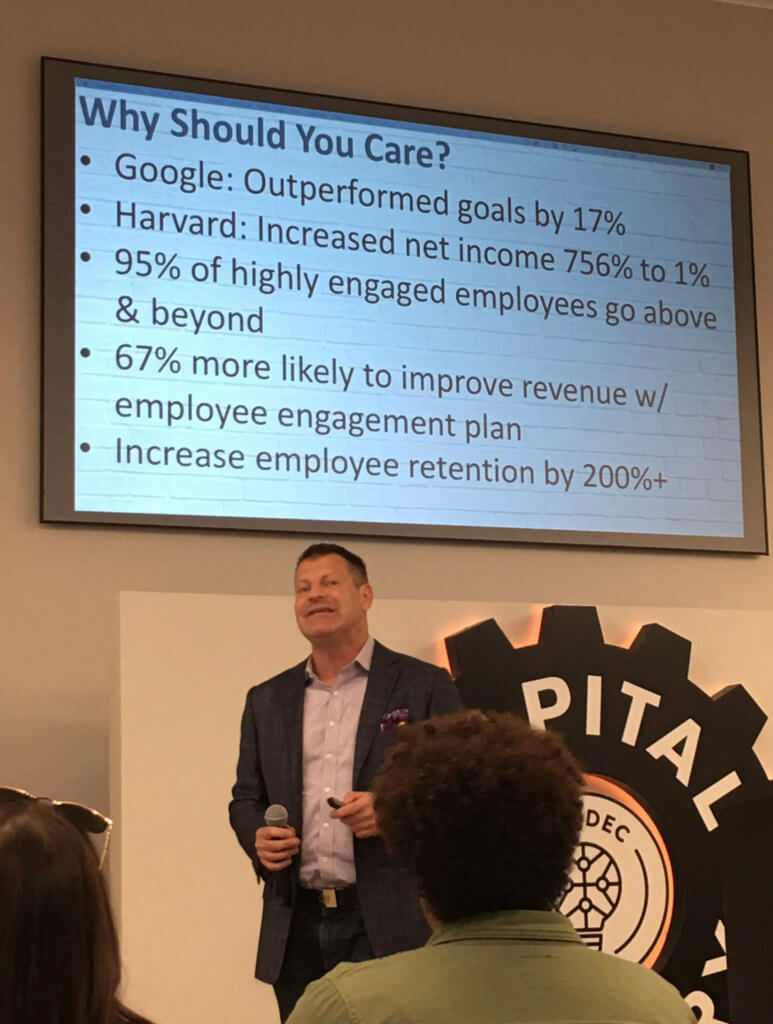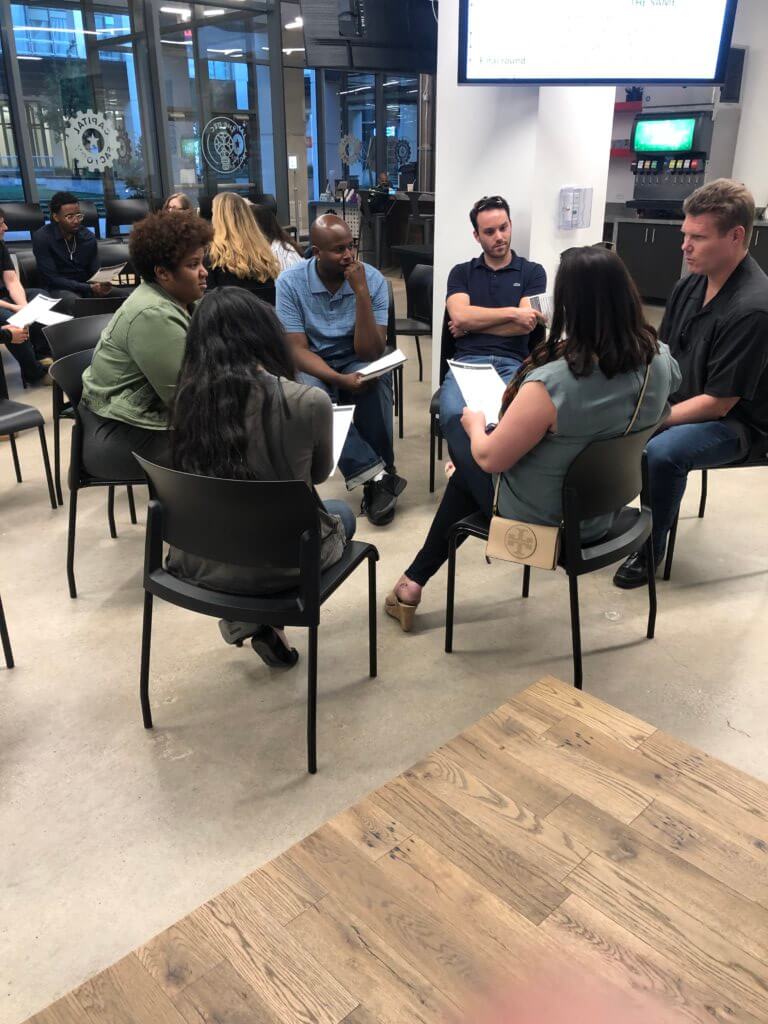by Jason Treu | May 14, 2019
You can’t create a culture where people speak up, share problems, dissent and deliver bad news unless it’s psychologically safe (i.e See Amy Edmondson and Google’s Project Aristotle for more on psychological safety and why it’s the #1 factor for high employee performance).
If you don’t, you are missing out on critical information that leaders, managers, investors and other stakeholders need to know. Employees are unlikely speak up unless you intentionally create an atmosphere where they feel safe.
Check out this article that discusses it: https://digest.bps.org.uk/2019/05/08/shooting-the-messenger-is-a-psychological-reality-share-bad-news-and-people-will-like-you-less/amp/?__twitter_impression=true
“The research suggests that “shooting the messenger” has a real basis in the way people act in everyday situations. It seems to stem from a number of sources, including a desire to make sense of negative or unexpected situations, and a tendency to misattribute malicious motives to messengers. While the researchers concentrated on the ‘likability’ of the messenger, they add that participants could be making other negative judgements as well: for example, one of the studies found that people also judge bringers of bad news as less competent.”
by Jason Treu | May 7, 2019
Successful organizations competitiveness and performance are correlated more by the level of trust than anything else because it drives engagement, teamwork, effort and performance. It’s what creates long-term success even in downturns. Only 1% of organizations have figured it. State Street Global Advisor’s CEO’s 2019 letter to investors shares why it’s their #1 priority.
A fantastic example is WD-40, a company who sells a commodity product. They have insane employee engagement scores and growth, revenue and profit. They’ve made it a company priority. The CEO even mentions it on earnings and investor calls. Trust building is embedded in the company DNA and it’s why they created a company where 99% of employees love working there.
Customers also show a preference for organizations with high employee engagement. Northwestern University’s Forum for People Performance Management and Measurement found that customers of organizations with high employee engagement increased their product and service usage and had much higher customer satisfaction scores.
In “Why Perks No Longer Cut It For Workers,” Sue Shellenbarger columnist for The Wall Street Journal says, “What will distinguish the most profitable companies from the rest in the coming year won’t be whether they offer foosball or free food. It will be whether leaders foster a workplace culture where employees feel a sense of belonging, like their jobs and trust their managers to help them move on to a better one.”
Belonging and liking your job starts with a high-level of trust. It’s the precursor for both of them.
It requires an organization to make this a top three priority, period. Trust is a corporate imperative just like having a balance sheet or having something to sell.
Very few organizations (and leaders and managers) get this and this is what happens:
- Don’t do it and organizations “bleed” money and lose revenue making opportunities.
- Leaders and managers underperform their capabilities limiting growth, career advancement and success
- Organizations who are doing well can do much better, but they fail to take action in this area. The real questions are “How much better could we be doing? What if every employee increased their performance by 10% to 20%?” Unless you are getting the employee engagement scores WD-40 is getting, your organization has a ways to go.
After interviewing more than 1,000 people over three years, the evidence is clear:
Number one: Trust is the bedrock for high engagement and performance. Yet less than 1% of organizations focus on it and make it a priority.
Number two: People want to perform at their best, but most organizations create suboptimal working conditions that limit growth (and cost little to change).
Typically, organizations miss a HUGE step of scaling and business building. They don’t focus on step one of their “people strategy.” They gloss over THE most important step. They assume leaders, mana
Organizational success emanates from one central place: trust. Without enough of it, and an organization underperforms. The challenge is you need A LOT because you are asking employees to take continual leaps of faith and believe in an organization and what leadership tells them.
Organizations can easily build high levels of trust in minutes if they understood one simple strategy and took a few quick, easy and inexpensive actions.
What is it?
Vulnerable sharing in groups skyrockets trust the fastest – minutes versus 5-10+ years.
Plus, it can scale quickly and spread across an organization so employees who meet for the first immediately have it.
Think about it…
What’s the best team you’ve ever been on personally or professionally? With this team, you accomplished something significant. You felt extremely close to them. You had a special bond. You trusted these people unconditionally (and they were in your inner circle). It’s very similar to the people who you “love” and deeply care about in your personal life – family, friend, partner, etc.
The challenge is you are unable to replicate what you did on this with every team you are on.
You can’t operationalize it. And what you can’t operationalize, you don’t fully understand.
Teamwork is the number one soft skill and it’s the least understood and prioritized. 75% of work is done on teams and groups.
The key with teamwork is to create the right foundation based on four pillars:
- Psychological safety
- Vulnerability
- Truth-telling
- Purpose (link is a letter by Blackrock CEO’s Larry Fink) and operationalized values (Brene Brown’s take on this)
Underlying this foundation must be a very high level of trust.
You can “exponentially” build trust by accomplishing several steps (here are two):
- Getting people to understand their life experiences – ups, downs, hurdles, lessons learned, values, personal heroes, and much more.
- Create a “manual” on each person you work with. Understand how best they prefer to engage and receive information. Things such as what time of the day should I approach you with difficult conversions? How do you prefer to receive information: email, phone, etc. ? Do you want all the details in written communication or just high level? What are your pet peeves? What’s your working style? How do you like to disagree? Are you emotional or not? What conditions help you work the best? And on…
How Does This Work? (here is a fast explanation)
- People naturally look for dissimilarities and differences. Conflicts naturally occur when you put people together unless you build trust that makes people feel safe, reward diversity of opinions, etc. It’s based on survival patterns and fears. For example, when we feel like an imposter, we search for people who are just like us to confirm our beliefs, actions, etc. It’s comforting to find similarity, not diversity.
- Vulnerable self-discloses allows us to open up (and disarms us). It teaches us (by providing evidence in conversations) that we have much more similarities than differences. We have many of the same experiences and feel the same emotions. The most powerful level is the emotional connection that happens. For example, I’ve had people share in groups their mom and dog died. Obviously, these are quite different. But they bonded over the deep sense of loss. That emotional connection was the key, not the experience itself.
- The key is to get employees to ask deep vulnerable questions. They get to learn meaningful information about an individual’s experiences, heartbreaks, low points, values, heroes, pet peeves, preferred communication styles and ways to resolve conflicts, and much more.
- When you share information such as this in groups is where this becomes extremely powerful. First, because you only need to connect to two or more individuals either experientially, emotionally or both. The chances are much higher than 1:1. Second, if you don’t like someone most of the time it’s a story or false narrative you made up (or believe to be true). When you hear that person you dislike share heartbreak, setbacks, etc., you start to think, “Is this really the same person I don’t like? Maybe I was wrong about them.” The walls start to break down and conversations start to resolve issues.
- “Belonging cues” are the requisite behavior necessary to build trust quickly. Your brain needs to feel safe to share otherwise your amygdala activates and you recoil. It’s looking for clues that people in the group are sincere, care about you, share openly, etc.
- Individuals now know information that only people in their inner circle would know. And they actually probably know much more. So you will put those people in your inner circle even though they are just an acquaintance (or possibly met for the first time).
- Once you create trust in a group, it extends to all the other groups that are participating. If it’s organization-wide, it will spread to thousands of people instantly. People unconsciously assume if everyone is sharing like this, then it’s “safe” with everyone.
- Teams and organizations can nurture trust by doing short activities monthly that take 5-10 minutes to reinforce and build upon this.
This is a “short version” of what actually goes on. But you can see how powerful and game-changing this is. Now, let’s talk about team building and why 99.9% fail to build high levels of trust.
Team building activities very rarely work because unless they create an opportunity for people to verbally share. Otherwise, it’s like watching Netflix. It’s entertaining, but very very little learning or changes happen. And the activity is a waste of time because the verbal sharing is where the magic happens. So why not start there? Trust falls, legos, and other games are a very slow way.
Here are two reasons why “verbal sharing” is THE key:
First, let’s look at a personal life example. Think about the person you love the most.
Telling someone I love you, crystallizes and solidifies the relationships. If could never tell the person you loved, “I love you,” think what that would do to the relationship. They would never know if you did or didn’t love them. Your relationship wouldn’t be as strong. In fact, it would fall apart over time.
Second, the “time” element trips up organizations, leaders, managers, and teams. People believe you have to trust someone before you are vulnerable and share. That you have to get to know someone over time to build trust. They go about relationship building the super slow “old way.” They let a clock dictate trust.
According to research studies, this process takes employees a minimum of 200-400 hours to create a close working relationship (and that’s if they go about collecting the above information).
No one has that time. Not with agile teams being the norm. It doesn’t work with new relationships like prospects, new hires, mergers/acquisitions, raising money, business development, and most other areas.
You can actually build trust in minutes. You’ve already done it. So you are already an expert.
Ask yourself this question: Have I ever met anyone that within 5-10 minutes, I felt like I’ve known them all my life or at least really well? I’ve asked thousands of people and 99% of people have met at least one person where this has happened to them.
Let’s breakdown what happened in that situation:
- One of the two of you vulnerably shared something. It may have been small. It may have been a story, joke, asked whom they knew at the event, etc.
- When you lead with vulnerability you unconsciously tell the other person it’s safe to share with me because otherwise why would you have done it.
- You both shared more vulnerable information as the conversation went on. What happened is you did more in one conversation than people do in 20-30 of them. So you skyrocketed trust in minutes, not hours.
- You walked away feeling “close” to that person and that they understood you. You bonded experientially and emotionally. Then, you place that person in your inner circle.
The problem is you aren’t doing it with every interaction. Very few people in any organizations are doing this on a regular basis.
If you did that though in every team you were on, imagine what would happen? You’d skyrocket your career success and the team and organization benefit immensely.
Why does all of that matter?
When you fail to create enough trust amongst among employees, you massively underperform. People don’t buy in. They are disengaged, don’t care and don’t work as hard as they could.
Here are a few common things that happen to create underperformance in 99% of the teams and organizations I’ve seen:
- Employees aren’t invested in other employees’ success.
- Employees think in silos
- Employees don’t have a contribution mindset about the organization – they think about themselves first
- Employees aren’t loyal and turnover happens and costs rise (and it costs 100%-300% to replace an employee)
- Employees don’t put forth their maximum effort (Gartner Group stat: Only 16% of employees put forth their best efforts daily)
- Employees don’t speak up about problems and offer solutions
- Managers and leaders don’t really know what’s going on in the organization because there is a dangerous silence (and it’s one way)
- Communication breaks down (86% of executives cite as the reason projects fail)
- 70%+ teams are dysfunctional
- 67% of employees are disengaged (i.e. think Zombies)
- And tons more data I could list here…
It all adds to massive underperformance on the balance sheet and key metrics. It affects every facet of an organization from sales, marketing, operations, legal, technology, financial, customer service, etc.
If you are doing well, you could be doing much better. Unless you are the #1 industry leader, you’ve got work to do here and it’s the fastest way to increase metrics.
What can you do?
Go back to the beginning and build trust.
How?
One way is my free game, Cards Against Mundanity that 12,000 employees use. It’s used in companies such as Amazon, Southwest Airlines, Ernst & Young, Google, Gillette, Microsoft, Oracle, Blue Cross Blue Shield, Worldwide Express, CareHere, Oklahoma City Thunder (NBA team), Houghton Mifflin Harcourt, Novartis, Merck, Intel, Thermo Fisher Scientific, and many others.
Here are some other options you can do that take only minutes to do:
- Have everyone on the team share three things they are grateful for (30 seconds each)
- Share how one person on the team helped you and what impact it made (1 min each)
- Have everyone on the team email/text one person outside the team thanking them (Give them three minutes to do this).
- Exercise: “Three positive qualities you see in me.” Use a sheet of paper for each person on the team. Have other people write down three qualities they admire in them. Then have each person read the qualities (to themselves) and share what stood out for them. Have them share what three qualities they want to embody and practice daily.
- Superman and Kryptonite exercise: Have each person share what is their superpower and then what trips them out. Give them one minute for each one.
This is the key to maximizing employee engagement and individual and team performance. You’ll see major increases in your key metrics immediately. And you can apply all of this to your key 3rd parties you engage with.
Need more help and/or have questions? Reach to out to me for workshops, coaching, team building and engagement services and much more.
Contact me here.
by Jason Treu | May 6, 2019
On the School of Thought Podcast we play my team building card game #cardsagainstmundanity. The host of show came from Los Angeles to Dallas and we played the game in my condo (with a mimosa and my Jack Russell and better half, Angie). See how it works live. 12,000 people are using it. Short 20min episode.
Here is what Ryan Cowden, podcast host, had to say:
“Hi everyone! This is just a reminder to check out an extra special bonus of the School of Thought Podcast! This week Jason and I play his card game Cards Against Mundanity. In this special episode, Jason talks about the research that went into the game and how he uses it to create community between coworkers. Then we dove in and played it for real. If you want to create the same openness and dialogue in your classroom I think this is a great place to start.”
Jason Treu is an executive coach who works with leaders, managers, and teams to maximize engagement, trust, teamwork and performance.
He is the author of Social Wealth, guide to building business relationships.
He created a game called Cards Against Mundanity, which he has used to help teams at Google and other organizations build better relationships in the workplace. More than 12,000 employees have played it.
Jason debuted this card game in a TED Talk in 2017. He’s a team building expert.
https://podcasts.apple.com/us/podcast/school-of-thought-podcast/id1325922902?i=1000436713517
https://www.schoolofthoughtproductions.com/podcasts-1
Other Links
• TED Talk: https://www.youtube.com/watch?v=_7Q6S6So-Uc
• Cards Against Mundanity: cardsagainstmundanity.com
• NY Times Article – The 36 Questions That Lead To Love: https://www.nytimes.com/2015/01/11/fashion/no-37-big-wedding-or-small.html

